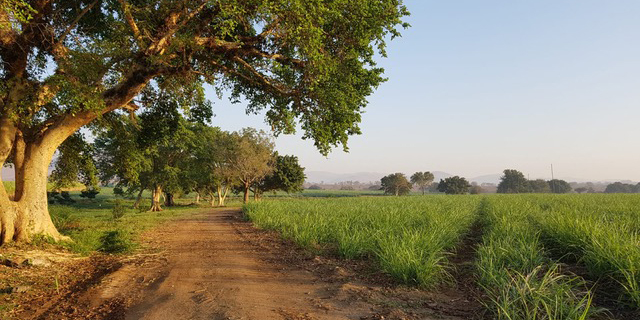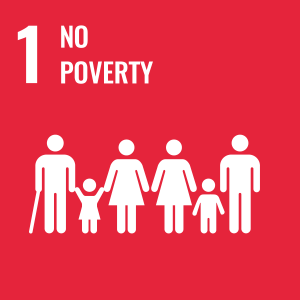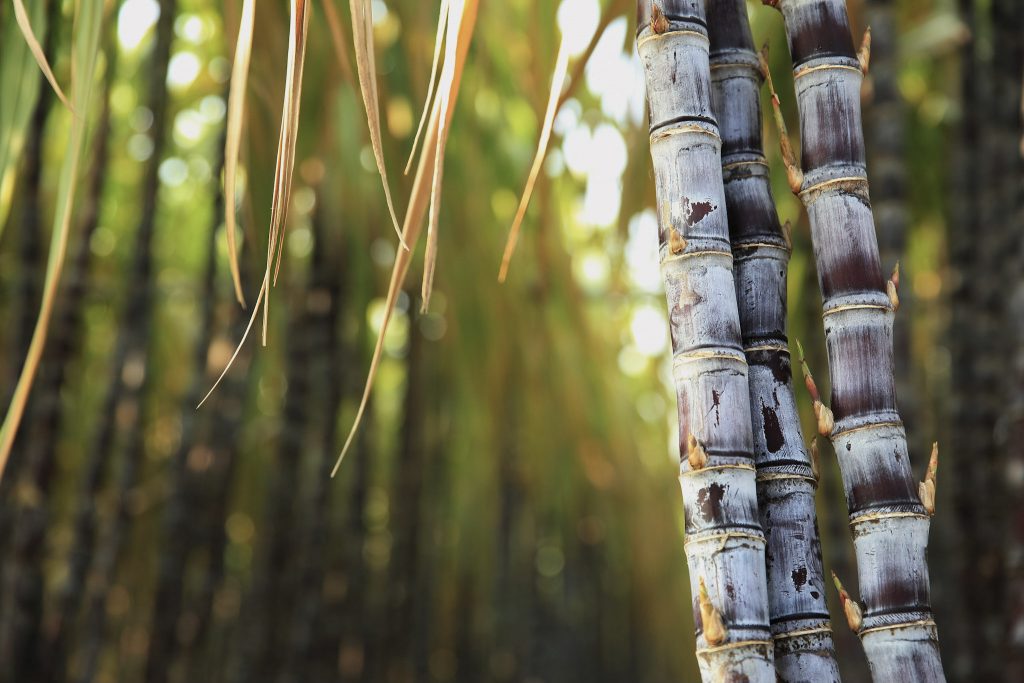14th August 2020

Written by Boudewijn Goossens, Regional Director Africa & Middle East
The annual sugar production in South Africa has decreased by almost 25% over the past 20 years. The struggle is down to a mix of issues such as changing weather patterns, the impact of global warming, unfavourable tariffs and a sugar tax. The South African Sugarcane Value Chain Master Plan to 2030 aims to turn the sugarcane industry into a successful business once again. I’d like to tell you why the Master Plan is lacking in its social and green strategy.
The Master Plan aims to help companies “improve their industrial capacities and sophistication”. It suggests that the sugarcane value chains need to be competitive and sustainable in order to “preserve and grow rural employment and sustainable livelihoods.” Although the terms “sustainable” and “sustainability” are used 17 times in the Master Plan, details are missing on how to tackle both social and environmental sustainability factors which will contribute towards building a competitive, modern and inclusive industry.
Congratulations are in order to all who contributed towards the South African Sugarcane Value Chain Master Plan to 2030. This is a crucial document that everyone working in the industry has been was waiting for. I believe it gives great direction and opportunity for innovation and new thinking. But, as a representative of the global social and environmental sustainability movement, I know that the social and environmental strands of the strategy should be bigger and bolder.
COVID-19 has shown how vulnerable the global economy is. It has simultaneously paralysed and united the whole world. The impact of COVID-19 on the sugarcane industry has been interesting. Many mills across the world ran into overdrive to increase the production of ethanol to supply to local government and hospitals for hand sanitisers and disinfectants. But of course, sugarcane goes into a multitude of products and business continuity is at the mercy of international markets.
Sustainable Development Goals
The Sustainable Development Goals (SDGs), also known as the Global Goals, were adopted by all United Nations Member States in 2015 as a universal call to action to end poverty, protect the planet and ensure that all people enjoy peace and prosperity by 2030. The Goals are supported by the South African Government and all departments are expected to play their role in contributing to them.
 The Master Plan does not make a specific reference to the SDGs – yet it does contribute towards some of the Goals. For example, it aims to protect sugarcane jobs and mitigating the impact of change on small-scale producers which fits into SDG1 – no poverty. The Master Plan also pushes for the production of new sugarcane derived bio products which matches SDG 9 – Industry, Innovation and Infrastructure.
The Master Plan does not make a specific reference to the SDGs – yet it does contribute towards some of the Goals. For example, it aims to protect sugarcane jobs and mitigating the impact of change on small-scale producers which fits into SDG1 – no poverty. The Master Plan also pushes for the production of new sugarcane derived bio products which matches SDG 9 – Industry, Innovation and Infrastructure.
The plan, however, misses the opportunity to include some other relevant goals in a meaningful way. Examples include Clean Water and Sanitation (SDG 6), Climate action (SDG 13), Life below water (SDG 14) and Life on land (SDG 15). These could be addressed by implementing environmental incentives and initiatives such as improved irrigation systems, reduced fossil-based energy usage and reduction of the application of the most harmful chemicals, to name a few. Bonsucro and its network would be open to support the inclusion of more SDG’s in the Master Plan to ensure that the Plan is forward looking and contributing towards a fair and clean planet.
The market
Increasingly, sustainability is a condition to trade. Most multi-nationals and local buyers of sugar and sugarcane derived products have published their sustainable sourcing commitments or are planning to do so. These include brands like Coca Cola, PepsiCo, Unilever, Nestlé, Shell and Woolworths. If brands are not able to source sufficient sustainable product in South Africa, they will have to divert supplies to other countries. Brazil, Guatemala and Thailand are now reliable sources of certified sustainable sugar and ethanol and therefore are of greater competition.
Offering sustainably-produced products to the local and international markets will encourage sourcing from South Africa in the future. I would like to see the Master Plan offering more specifics on how this issue will be tackled through collaboration with various sustainability initiatives and organisations leading that work globally and in South Africa.
Green energy
The Master Plan also aims to trigger diversification into renewable energy and introduce Bioethanol, Bio-jet fuel, Biomass for co-generated electricity and Biogas. These are great ambitions and much needed in the South African context. For too long policies and legislation have prevented the South African sugarcane sector to be on par with the rest of the world in terms of diversification into “green” products.
Producing green energy must however start at farm level. The supply chain should also be both green and traceable. Farms need to comply with strict internationally accepted sustainability requirements, like Bonsucro, that promote lowering CO2 emissions, efficient water usage and no harmful agrochemical application. For products derived from sugarcane to be labelled ‘green’ they should be produced on farms with good sustainability profiles.

The finance sector
The diversification of the sugarcane sector into producing green energy products will require investments from a range of financial institutions. Increasingly, banks, investors and other lenders are seeking solid sustainability compliance of their clients on top of their normal requirements. Global and local financial institutions will follow the Equator Principles, the International Finance Corporation’s Environmental and Social Performance Standards (IFC-PS) and report on their contributions towards the SDG’s.
Social and environmental sustainability compliance will definitely support access to better terms of finance. The deal will simply pose less risk to the lender and the lender has the opportunity to support their sustainability ambitions. The methodology for demonstrating sustainability ought to be developed in collaboration with the finance sector to ensure that funding will be made available to transform the sector.
Collaboration
In my opinion, the Executive Oversight Committee should include experts in sustainability throughout the process of planning and restructuring the industry. There are many highly-skilled and knowledgeable people that could offer intelligent and practical recommendations. Certainly, Bonsucro would be keen to support.
Another option is that a specialised task team for Social and Environmental Sustainability is assembled. The whole Master Plan would benefit from inviting specialist organisations and platforms like SUSFARMS, Bonsucro, The Roundtable on Sustainable Biomaterials, WWF, Alliance for Water Stewardship, Rainforest Alliance, Stronger Together, Fairtrade and Solidaridad, to participate.
There is so much that we can achieve, if we work together. First, we need to include sustainability as a requirement on the national sugarcane agenda. That is the only way that South Africa will create the sophisticated and sustainable sugarcane sector that the Master Plan has set its sights on, and which can be an excellent example to the global sugarcane sector.





